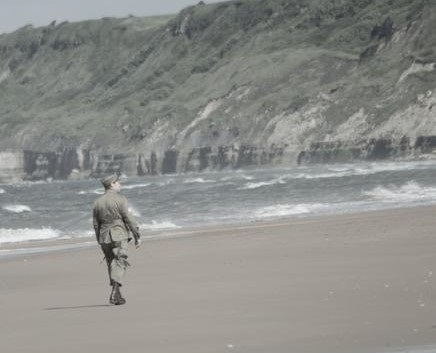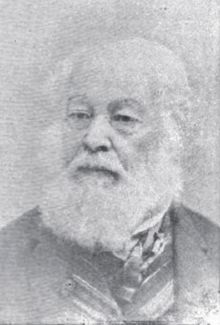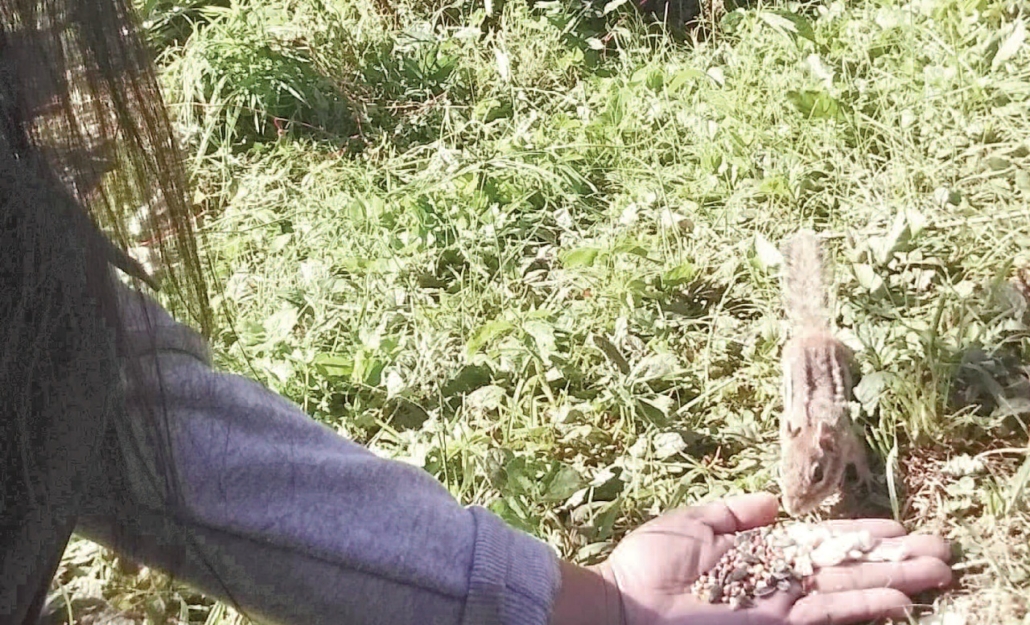SCORES & OUTDOORS: Did you know that ferrets are man’s other best friend?
 by Roland D. Hallee
by Roland D. Hallee
Don’t ask why or how, but last week, during a conversation, I was asked a question about ferrets. Not knowing that much about them, I decided to look into it.
What I discovered about the little furry animals was most interesting.
Although I know a few people who have had ferrets as pets, I didn’t realize they were the third most popular pet, behind only dogs and cats. They are popular, although often controversial. My wife and I had a pet Holland lop rabbit for nearly 10 years. I would have bet, if I were a gambling man, and based on conversations with a multitude of people who care for them, that rabbits were more popular than ferrets.
Ferrets have the size and shape of a zucchini, and are related to European polecats. They are not to be confused with skunks which are sometimes colloquially called polecats, but related more to wolverines, ermines, minks and weasels.
The ancient Greeks probably domesticated ferrets about 2,500 years ago to hunt vermin. The practice spread across Europe, especially with sailors who used ferrets on ships to control rats. Ferrets were introduced to America in the 1700s.
A 1490 painting by Leonardo da Vinci named Lady with an Ermine, actually shows her holding a ferret.
Ferrets are carnivores, meaning they eat only meat. According to the American Ferret Association, domesticated ferrets typically eat factory-made chow. A healthy diet for pet ferrets consist of 36 percent protein, 20 percent fats and is low in carbohydrates. A healthy ferret will sleep up to 18 hours a day.
Male ferrets are known as hobs and females are called jills. In the wild, hobs and jills mate around March and April. Following a gestation period of 35 – 45 days, a jill will give birth to one to six kits. Kits will stay with the mother for about a month and a half, leaving the mother as autumn approaches. They become sexually active at one year old. In captivity ferrets can live up to 12 years, but the actual life expectancy is 7-10 years.
Unlike dogs, ferrets have not yet been rigorously studied when it comes to social cognition. According to Hungarian researchers, their early history in service to man is obscure, but have probably been domesticated for more than 2,000 years through selective breeding. Like dogs, ferrets were originally bred for practical reasons like hunting. However, their role within human society has since shifted, as they are now predominantly pets.
Most ferrets will live happily in social groups. A group of ferrets is commonly referred to as a “business.” They are territorial, like to burrow, and prefer to sleep in an enclosed area.
Ferrets can release their anal gland secretions when startled or scared, but the smell is much less potent than a skunk’s and dissipates rapidly. Most pet ferrets in the U.S. are sold de-scented (anal glands removed).
When excited, ferrets may perform a behavior commonly called the weasel war dance, characterized by a frenzied series of sideways hops, leaps and bumping into nearby objects. Despite its common name, this is not aggressive but is a joyful invitation to play. It is often accompanied by a soft clucking noise, commonly referred to as “dooking.” Conversely, when frightened, ferrets will make a hissing noise; when upset, they will make a soft ‘squeaking’ noise.
Although most domesticated ferrets were introduced by Europeans, there is only one that is native to North America. It is the black-footed ferret, and its existence is in trouble. The U.S. Fish and Wildlife Service is proposing to use unmanned aerial drones to rain peanut-butter laced pellets down on northeast Montana, where the ferrets reside. The pellets contain a vaccine against the plague, which is common in prairie dogs. Prairie dogs consist of 90 percent of the ferret’s diet. As Americans moved west, prairie dog eradication programs and agriculture and development removed much of the ferrets’ prey and habitat, and by 1987 only 18 of the ferrets remained.
It is listed as endangered by the International Union for Conservation of Nature (IUCN) because of its very small and restricted populations. The species declined throughout the 20th century, primarily as a result of decreases in prairie dog populations, which is their major food and shelter source, and sylvatic plague. They will also eat small mammals such as opossums, rabbits, hedgehogs and rodents, but prairie dogs are the fare of choice.
Wild ferrets were thought extinct until Lucille Hogg’s dog brought a dead black-footed ferret to her door in Meeteetse, Wyoming, in 1981. The remnant population of a few dozen ferrets lasted until the animals were considered extinct in the wild in 1987. However, a captive-breeding program launched by the United States Fish and Wildlife Service resulted in its reintroduction into eight western U.S. states, Canada, and Mexico from 1991 to 2009. Now, over 1,000 mature, wild-born individuals are in the wild across 18 populations, with five self-sustaining populations in South Dakota (two), Arizona, and Wyoming. It was first listed as “endangered” in 1982, then listed as “extinct in the wild” in 1996, before being downgraded back to “endangered” in 2008.
So, by feeding the prairie dogs with the vaccine they would stay healthy, which in turn would help the black-footed ferrets.
I guess domesticated ferrets don’t have it all that bad, kinda like dogs and cats.
Roland’s trivia question of the week:
What is the Super Bowl record of the Seattle Seahawks?






 Being aware of food portion size, the kinds of foods and beverages you consume, and how often you have them may be a step to help you make healthier food choices.
Being aware of food portion size, the kinds of foods and beverages you consume, and how often you have them may be a step to help you make healthier food choices. STUDENT WRITERS PROGRAM
STUDENT WRITERS PROGRAM





